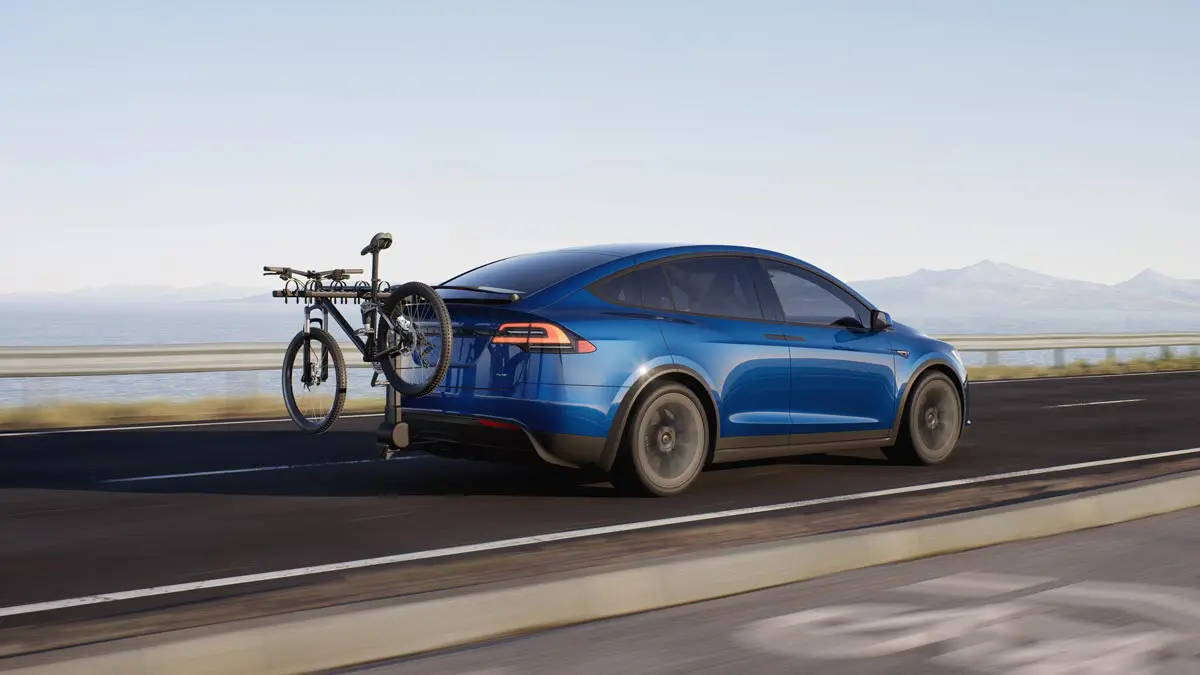Times are tough right now. It's tough to be a consumer in this economy. Tough to be an employee (my longtime colleague was laid off last week). Tough to be an investor--and tough to be a TSLA investor--especially one who has held during the long fall from the $400+s. And for personal reasons, tough to be a father right now.
But my general impression is this: not only are these "the times that try men's souls", but these are also the times where a visionary, forward-looking company like Tesla takes massive steps forward relative to their competitors.
For the longest time, Tesla was first mover and there was no second-mover. OK, there was the Leaf and maybe a few other EVs, but they either weren't designed well, were compliance cars, or sputtered out for one or many reasons.
Then, late in the last decade, legacy automakers finally got a clue and jumped into the EV race. Tesla still had a massive headstart, but finally there were competitors.
Cut to quarantine: While other companies struggled to produce enough parts or deliver cars, Tesla innovated and "made-do" in every way they knew how to keep their supply chain going as well as they could, and avoided much of the supply and logistics problems to which other automakers fell prey. And now, in 2023, with inflation, rapid increases in interest rates, and fear of recession, buyers have pulled back from large purchases. Demand has fallen for all large purchases, and it's an environment from which Tesla is not immune.
But look at what's happened in Tesla's arena: GM, Ford, and Stellantis are fighting unions and huge wage costs, while simultaneously dialing back their plans in the EV space. BMW continues to pretend like EVs aren't the future. Toyota continues to hedge on some fantasy that hydrogen makes sense. VW struggles with software. Rivian continues to fight to contain costs, Lucid is so far in the red that even breaking even someday seems like a pipe dream, and that situation is getting worse. Cruise is pausing all driverless activities and "rebuilding public trust".
Meanwhile, Tesla is ramping up factories (at the expense of short-term margins). They continue to ramp their 4680 battery technology, and attack the supply chain bottlenecks by setting up vertically-integrated lithium refining. They're building out their compute architecture--Dojo and NVidia, while continuing to attack FSD and develop TeslaBot. And they're preparing to mass-produce semis, which will continue to have high demand far into the future as shipping and logistics companies see the light on how much electric class-8 trucks can save them.
While it's tough now--some day--and I pray sooner rather than later for my own sanity--we'll come out of this on the other side. Rates will begin dropping, spending on large purchases will again increase, and money will flow back into stocks.
Who will be best positioned to dominate? Who will have attacked their costs in such a furious, psychopathic manner to have squeezed every penny out of their costs that they could?
Who will have developed their own internal battery technology to squeeze every Watt and Watt-hr out of every square centimeter of battery? Who will have a more developed, more refined self-driving system?
It's not fun watching the price drop. But I know where it's headed, and I don't want to miss it. Now if only I knew WHEN it was headed there...






